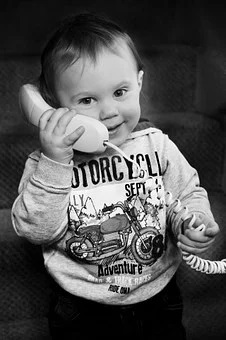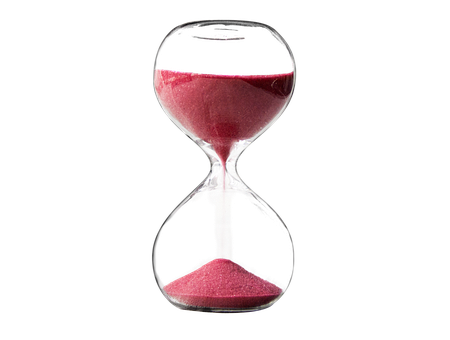You can find no better way to give credibility to your dearest esoteric theory than by quoting an expert who agrees with you. But how do you approach the expert to grant you a personal interview?
It’s easy – if you are polite, persistent, and patient.
Set up Your Personal Interview in Advance
In other words, don’t expect to be greeted with an open bar when you show up for an unannounced hour interview.
You have two main ways to set up your personal interview, each with its benefits and disadvantages.
Email is my first choice. It’s easy if you have an address. Be personable and friendly. Show passion and respect.
Here’s a sample outline for your introductory letter. In well-developed paragraphs, say:
- Who you are
- Why you desire this person’s expertise and by when
- How long it will take
- Range of desired dates to hold interview
- Specific date by which time you need a response
- How and when you can be best reached
- Thanks in advance for getting back to you as soon as possible
Edit carefully. Don’t blow this opportunity to show off your writing skills.
Telephone
Even “important” people generally are reachable at home or office. Phone numbers are everywhere on the Internet. Get over the mystique and make the call.
But expect the receptionist to answer if you’re calling the office. The receptionist runs interference for the boss by screening calls so only the most important get through. Or the most courteous. Be someone the receptionist would like to be interviewed by.
However, don’t count on being patched through on your first attempt. It’s amazing but somehow important people always are “in a meeting” or “just stepped out.” So, on your first call, prepare for rejection and follow-up. Here’s how:
Explain Interview Purpose
Briefly explain the topic of your book and why you would like an interview.
Hint: If you’re afraid you’ll screw up and go groupie in front of the expert, write your opening script. Then practice saying it out loud until it sounds like you’re talking off the top of your head.
But, assuming the positive — because who doesn’t like to be recognized as an expert in your own time? — it also allows time for your expert to psych up for the interview and gather supplemental material for you — for example, a recent article from a trade journal that isn’t available electronically to the general public.
Ask for the Time You Need
For a personal interview, generally ask for no more than an hour. If you need more time at the end of the hour, ask for it then. If you established rapport during the interview, you’ll probably get it right away.
Before hanging up, leave your phone number and email address with the receptionist and ask for your expert to call or email you back. I always hope for a miracle.
But also ask for your expert’s email address or, if you’re refused, for the receptionist’s and if she would kindly forward your request.
Here is your chance to shine literarily. Write from the heart. Say who you are, what your book is about, the broader topic of your questions, and why you want this person’s answers. Don’t send your questions yet unless you have just one or two. Here, you’re still seeking permission to send them.
Don’t Hold Your Breath
With good fortune and the most brilliantly written request, you may get an answer in two weeks. But don’t hold your breath. The next caller likely will be you. So, at the end of that first call, have some variation on the following exchange:
“By the way, what is your name?” "Leslie." "Well, thanks, Leslie. I appreciate your help."
Then write in your notes: “Receptionist — Leslie.” The next time you call, when the receptionist picks up the phone, say, “Hi, Leslie,” and state your name. You’ve moved the discussion onto a first-name basis.
Next week: What happens after you secure your interview? I show you how to do your homework so your questions rise to the level of the answers you want.
* * *
This piece was adapted from Ken Wachsberger’s You’ve Got the Time: How to Write and Publish That Book in You. Ken’s other books may be found here and here. For book coaching, editing, and speaking, email Ken at [email protected].








